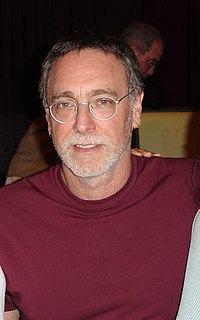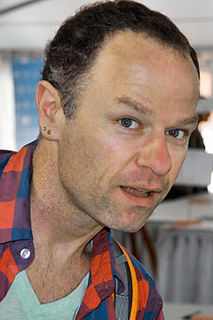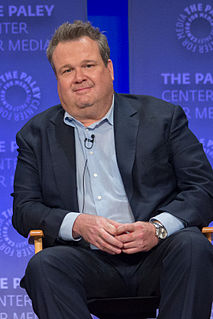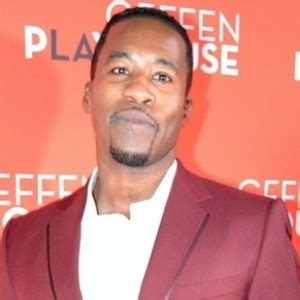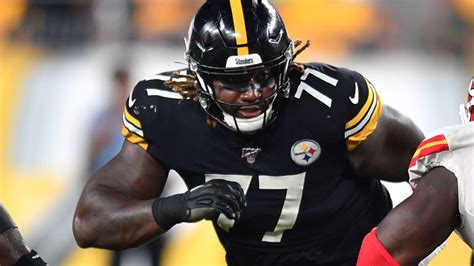A Quote by Krishna Das
We all inhabit our lives, in different ways to some degree. We see ourselves a certain way, and based on how we see ourselves, that's how we see the world.
Related Quotes
A stranger can see in an instant something in you that you might spend years learning about yourself. How awful we all are when we look at ourselves under a light, finally seeing our reflections. How little we know about ourselves. How much forgiveness it must take to love a person, to choose not to see their flaws, or to see those flaws and love the person anyway. If you never forgive you’ll always be alone.
Traveling through the world produces a marvelous clarity in the judgment of men. We are all of us confined and enclosed within ourselves, and see no farther than the end of our nose. This great world is a mirror where we must see ourselves in order to know ourselves. There are so many different tempers, so many different points of view, judgments, opinions, laws and customs to teach us to judge wisely on our own, and to teach our judgment to recognize its imperfection and natural weakness.
There are studies that have shown that we make decisions, ethical and otherwise, based on the way we imagine ourselves as characters in the stories of our lives. In other words, if we imagine ourselves brave or crazy or open, we're more likely to make decisions in a given situation based on how we imagine ourselves, whatever the facts may be.
When you read about the lives of other people, people of different circumstances or similar circumstances, you are part of their lives for that moment. You inhabit their lives, and you feel what they're feeling, and that is compassion. If we see that reading does allow us that, we see how absolutely essential reading is.
How do we define, how do we describe, how do we explain and/or understand ourselves? What sort of creatures do we take ourselves to be? What are we? Who are we? Why are we? How do we come to be what or who we are or take ourselves to be? How do we give an account of ourselves? How do we account for ourselves, our actions, interactions, transactions (praxis), our biologic processes? Our specific human existence?
A label is a soul-tattoo that is ingrained deep in our hearts, so much so that it determines how we see ourselves, And how we see ourselves determines how we live... A destructive label leads to a destructive life. There is a soul thief, a dark enemy, who wants to nail ruinous labels to your heart so that he can steal your life. Jesus wants to give you life giving labels that release your potential for the good of the world.
I was thinking about framing, and how so much of what we think about our lives and our personal histories revolves around how we frame it. The lens we see it through, or the way we tell our own stories. We mythologize ourselves. So I was thinking about Persephone's story, and how different it would be if you told it only from the perspective of Hades. Same story, but it would probably be unrecognizable. Demeter's would be about loss and devastation. Hades's would be about love.
